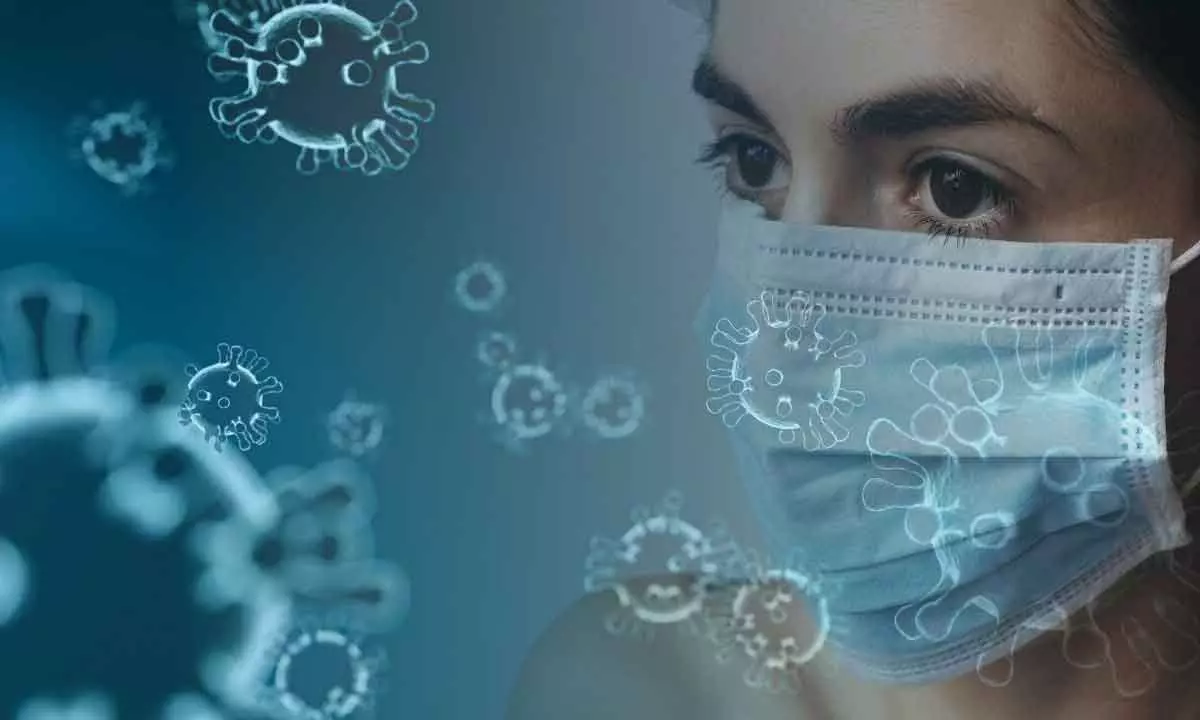Live
- YSRCP, TDP activists clash at Banaganapalli during campaign
- Visakhapatnam NDA MLA candidate Vamsikrishna wife receives warm welcome in Gnanapuram
- YSRCP candidates receive warm welcome in Pedapadu Mandal
- Ganta Srinivasa Rao's Election Campaign Gathers Momentum in Home Village of YSRCP MPP
- TN Deepika Promises Continued Development at Cotton Garments Factory
- ‘Aranmanai 4’ Box Office Collection Day 5: Tamannah Bhatia and Raashi Khanna’s Film Collects a Whopping Rs 27.5 Cr
- Kadapa Municipal Commissioner Inspects Various Development Projects in the City
- Prime Minister Modi Criticizes Congress and BRS in Vemulawada
- Vijayawada: Heavy rains, gales disrupt normal life
- Neeraj Chopra to compete in Federation Cup 2024 in Odisha








